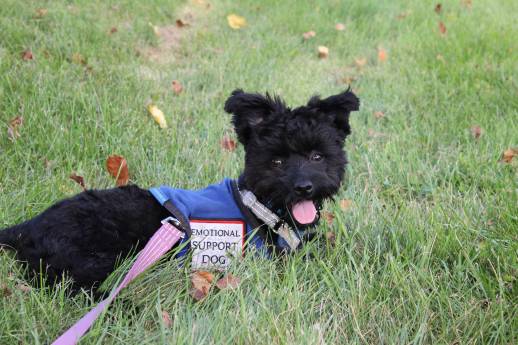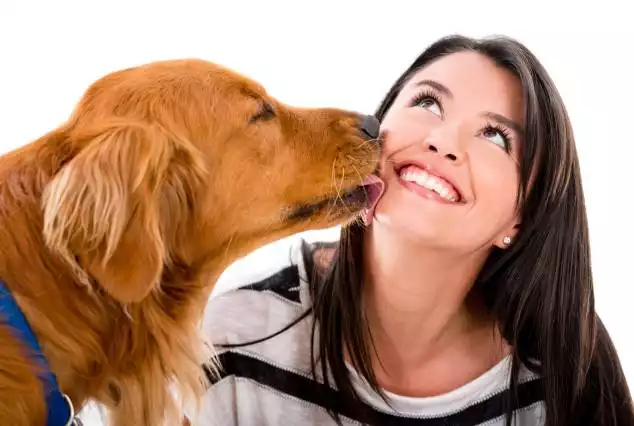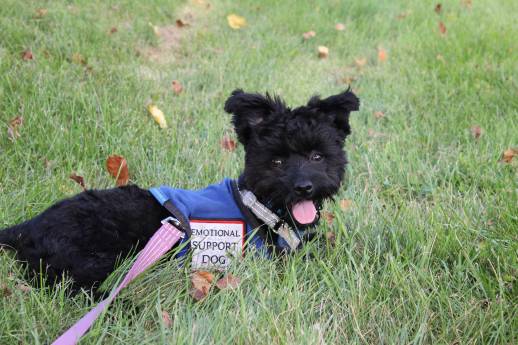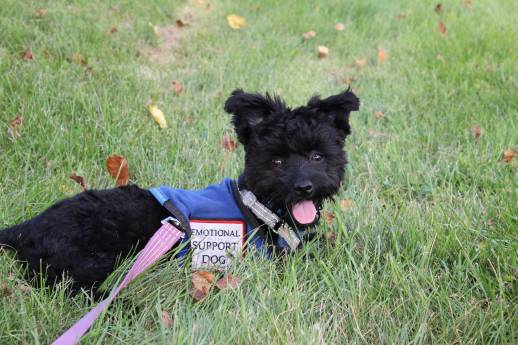Emotional support animals are animals that have been certified by a licensed organization to help those with disabilities or conditions, like anxiety, depression, PTSD, etc. If you have an emotional support animal, you can travel with them on a plane without having to pay for a second seat.
We help people get the proper documentation to make their pet an official Emotional Support Animal. Online approval in minutes - Housing & Travel letters.
But does an emotional support animal need a special license? What are the rules? Let’s take a look at what is allowed and what is not allowed when traveling with an emotional support animal.
An emotional support animal (ESA) is a type of support animal that provides assistance to individuals with mental disabilities. They are usually trained in specific tasks such as calming someone down when they are anxious or reminding someone to take their medication.
This means that the ESA should be able to demonstrate the ability to perform tasks specifically designed for them.
The idea of bringing animals on planes had been long introduced and since then it has become quite popular among many people who suffer from various mental health conditions and illnesses including depression, anxiety disorders, PTSD, and more.
People who suffer from mental health issues usually need assistance in order to perform daily tasks such as going out or shopping alone. In most cases, it is necessary for them to be accompanied by their pets at all times in order to avoid a relapse.
We help people get the proper documentation to make their pet an official Emotional Support Animal. Online approval in minutes - Housing & Travel letters.
There are different organizations that provide certifications for the use of these animals on planes. However, the actual requirements vary from one organization to another. Some require no special training while others have very specific guidelines that must be followed in order to receive a certification.
Most airlines have their own guidelines regarding what type of animals can be taken on board as emotional support animals (ESA). Some of the most common rules include:
- The animal must be trained to behave appropriately in public. For example, they should not bark or howl, jump on people, or make excessive noise.
- They must be housebroken and well-behaved around other passengers.
- They must not disrupt the plane’s activities and interfere with other passengers.
- Emotional support animals should not be aggressive or bite other people or animals.
- They have to be small and clean.
- They can’t have their own seats.
Emotional support animals should not cause any problems during the flight. The animal must also behave in a way that does not disrupt the normal operation of the plane and do nothing that would create a hazard for others on board.
If an emotional support animal does cause problems, it can be denied entry into the plane without a refund being issued for your ticket.
These laws can vary from country to country. For example, in the United States, emotional support animals are allowed to travel on planes with no additional fees.
If it is necessary for your emotional support animal to go into an airport terminal or other public area during its journey, then it is likely that it will need some type of identification or license from the organization responsible for providing these certifications.

Julie
Julie is a graduate of the University of North Carolina, Wilmington, where she studied Animal science. Though contrary to the opinion of her parents she was meant to study pharmacy, but she was in love with animals especially cats. Julie currently works in an animal research institute (NGO) in California and loves spending quality time with her little cat. She has the passion for making research about animals, how they survive, their way of life among others and publishes it. Julie is also happily married with two kids.
Review symptoms, medications & behavior to keep your pets healthy with a Vet Online in just minutes.
Ask a Vet Live Now




